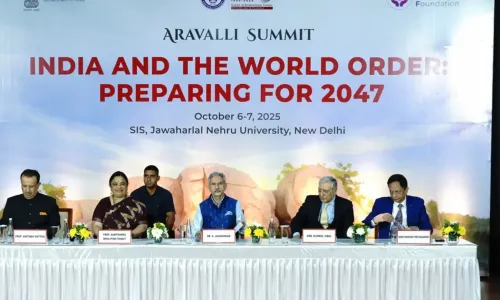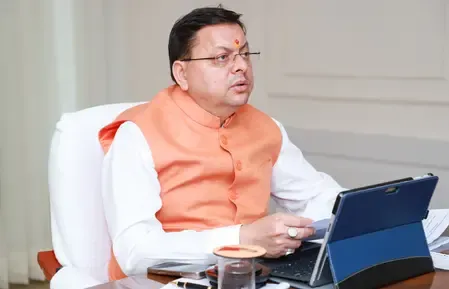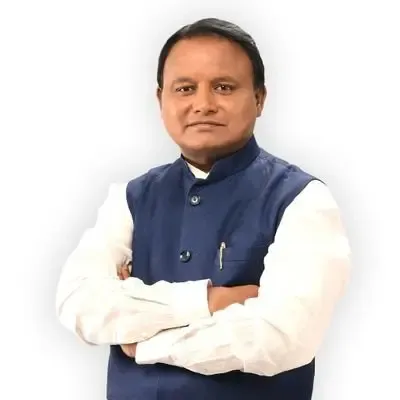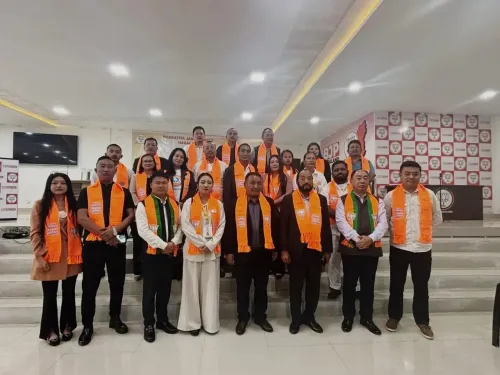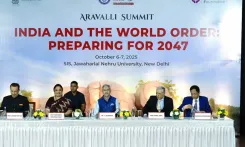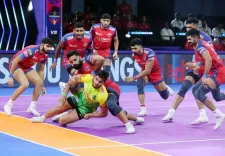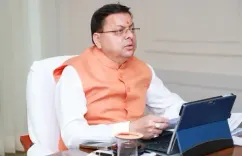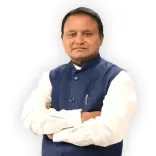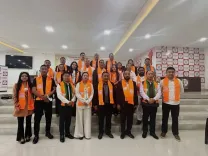How can Tipra Motha Party Chief Promote Unity for Tripura's Development?
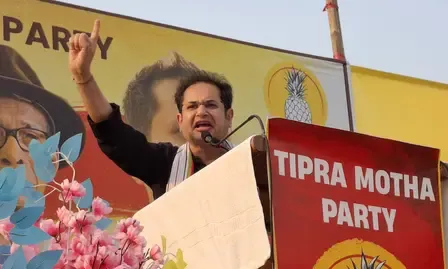
Synopsis
Key Takeaways
- Unity is essential for Tripura's development.
- Dependency on the Central government hampers progress.
- Maharaja Bir Bikram's legacy inspires modern development.
- Overcoming divisions is crucial for collective action.
- Historical resistance showcases the strength of Tripura's people.
Agartala, Aug 19 (NationPress) The leader of the ruling BJP ally, the Tipra Motha Party (TMP), Pradyot Bikram Manikya Debbarma, urged for unity among all communities in Tripura on Monday. He expressed his disappointment that the state, which was once held in high regard globally under the former Manikya dynasty, is now forced to “beg for every minor request” from the Central government.
Debbarma pointed out that this reliance on the Union government stemmed from increasing divisions fostered by politics, religion, and community differences.
While addressing an event to celebrate the 117th birth anniversary of Maharaja Bir Bikram Kishore Manikya Bahadur, he remarked that the king had elevated the state during his reign and was acknowledged as the architect of modern Tripura.
The event took place at the Manikya Enclave, near the royal palace in Agartala, where a Special Postal Cover honoring the former king was unveiled.
This postal cover was presented by Joseph Lalrinsailova, the Postmaster General of the NE-1 region, in attendance of BJP’s Lok Sabha Member from the Tripura East constituency, Kriti Devi Debbarman, Rajmata Bibhu Kumari Devi, and Pragya Deb Burman, the convenor of the INTACH Tripura Chapter.
Reflecting on Tripura’s illustrious history, Debbarma reminded the audience that 90 years prior, Maharaja Bir Bikram had the distinct honor of meeting the then President of the United States.
“Today, we find ourselves in a position where we must plead with Delhi for everything due to divisions based on votes, religion, and community,” he stated.
He also emphasized that Tripura’s forebears had valiantly defended their autonomy against Nawab of Bengal Hussain Shah, resisted Mughal invasions, and thwarted British dominance despite their numerous diplomatic and surrogate attempts.
“The people of Tripura were never subjugated. However, following the merger with India in 1949, we now observe the state lagging behind in multiple sectors,” he added.
Making an impassioned appeal, Debbarma called on the citizens of Tripura and the Northeast to transcend caste, creed, and ethnic divisions.
“Today, we identify as Jamatias, Debbarmas, Reangs, Mizos, Kalais, Hindus, Christians, Buddhists, Bengalis, tribals, and non-tribals, but one fact remains: no one thrives when we are divided. By begging, we achieve nothing. If we advocate for our rights, it is not an act of ego or communalism, but a fight for the future of our descendants,” he asserted.
He concluded that the most fitting tribute to Maharaja Bir Bikram would be for all communities to come together and collaborate for the progress of Tripura, as the late king consistently promoted inclusiveness.
Other dignitaries present at the event also lauded Maharaja Bir Bikram’s visionary leadership and his role in modernizing Tripura, expressing optimism that embracing his ideals would lead to comprehensive development for the state.
A photo exhibition showcasing the life and legacy of Maharaja Bir Bikram Kishore, along with a display of warfare weapons, was also organized during the event.
His birth anniversary will be celebrated across Tripura on Tuesday with various activities.

